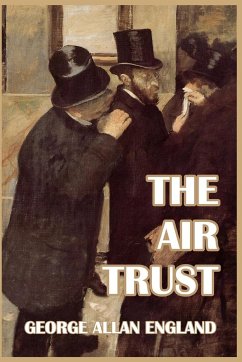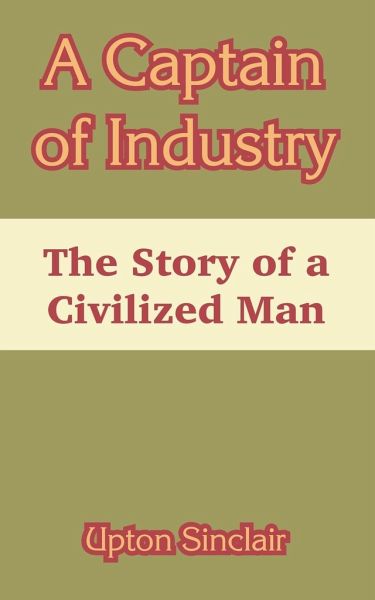
A Captain of Industry
The Story of a Civilized Man
Versandkostenfrei!
Versandfertig in 1-2 Wochen
17,99 €
inkl. MwSt.
Weitere Ausgaben:

PAYBACK Punkte
9 °P sammeln!
A fictionalized account of an industrialist, shelved when first written around 1901-1902 because it seemed too radical, but more fitting after Steffens, Tarbell, and others had exposed corporate corruption. Upton Sinclair (1878-1968) was a prolific American novelist, essayist, playwright, short story writer, and juvenile book writer, whose works reflected the social problems of 19th Century industry. His two great boyhood heroes were Jesus Christ and Percy Bysshe Shelley. His novel Dragon's Teeth (1942) on the rise of Nazism won him the Pulitzer Prize. By the time Upton Sinclair died in Novemb...
A fictionalized account of an industrialist, shelved when first written around 1901-1902 because it seemed too radical, but more fitting after Steffens, Tarbell, and others had exposed corporate corruption. Upton Sinclair (1878-1968) was a prolific American novelist, essayist, playwright, short story writer, and juvenile book writer, whose works reflected the social problems of 19th Century industry. His two great boyhood heroes were Jesus Christ and Percy Bysshe Shelley. His novel Dragon's Teeth (1942) on the rise of Nazism won him the Pulitzer Prize. By the time Upton Sinclair died in November, 1968, he had published more than ninety books.



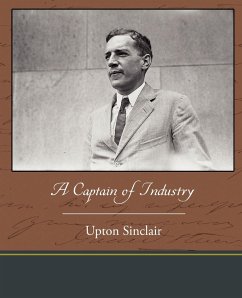
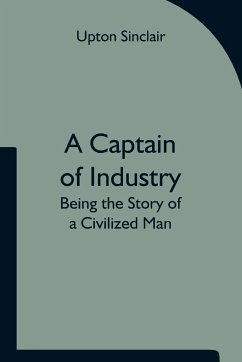
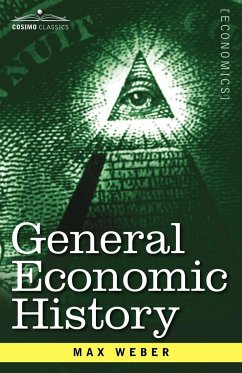
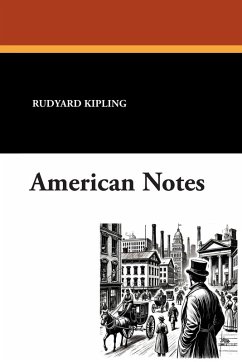
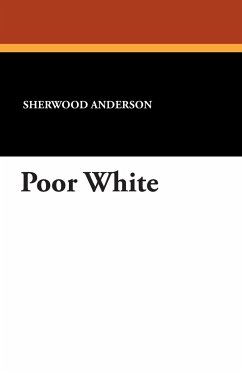
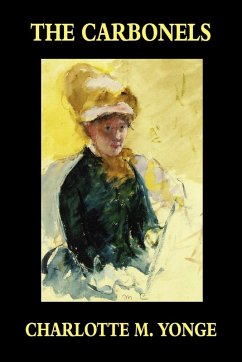
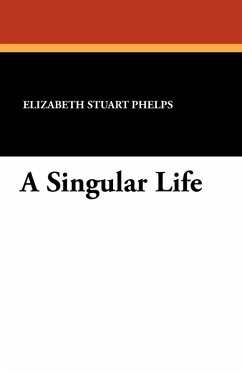
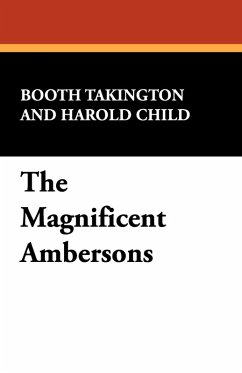
![Basil, Or, Honesty And Industry [by C.g. O'brien] Cover Basil, Or, Honesty And Industry [by C.g. O'brien]](https://bilder.buecher.de/produkte/68/68938/68938847n.jpg)
